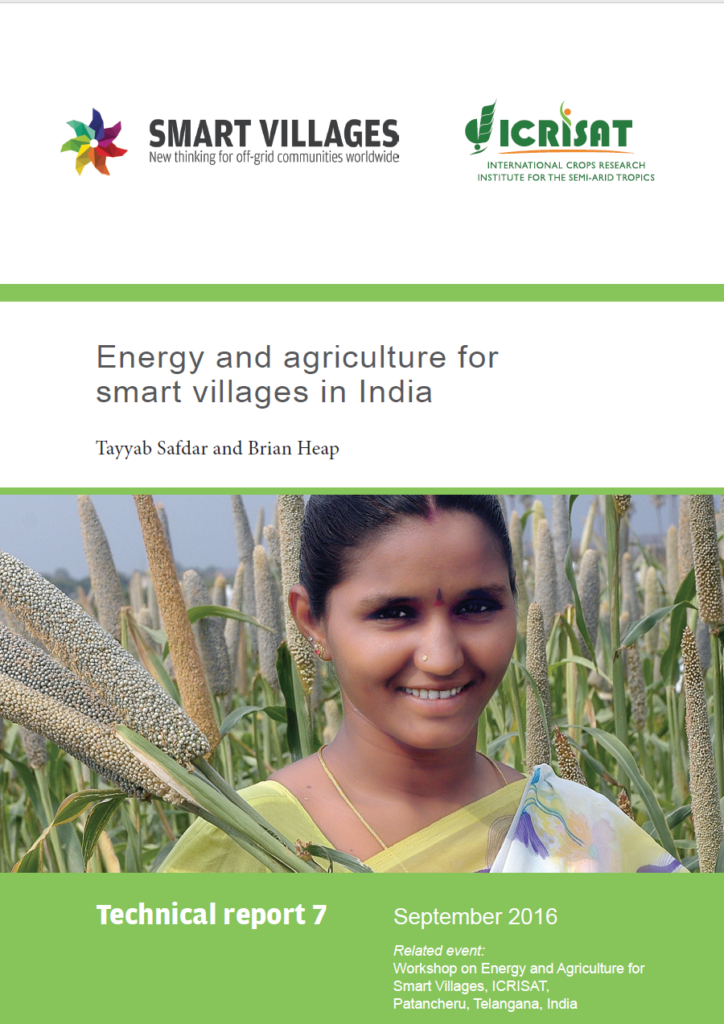BR25: Concluding workshop for Smart Villages engagement programmes in South and Southeast Asia – Policy Recommendations
The Smart Villages Initiative concluded its regional engagement in South and Southeast Asia with a workshop in Bangkok, Thailand, in March 2017. The workshop was jointly organised with the Global Young Academy (GYA), the National Science and Technology Development Agency (NSTDA), and the National Science Museum (NSM) of Thailand. From 7 to 9 March 2017, the workshop brought together 43 key stakeholders representing …




















